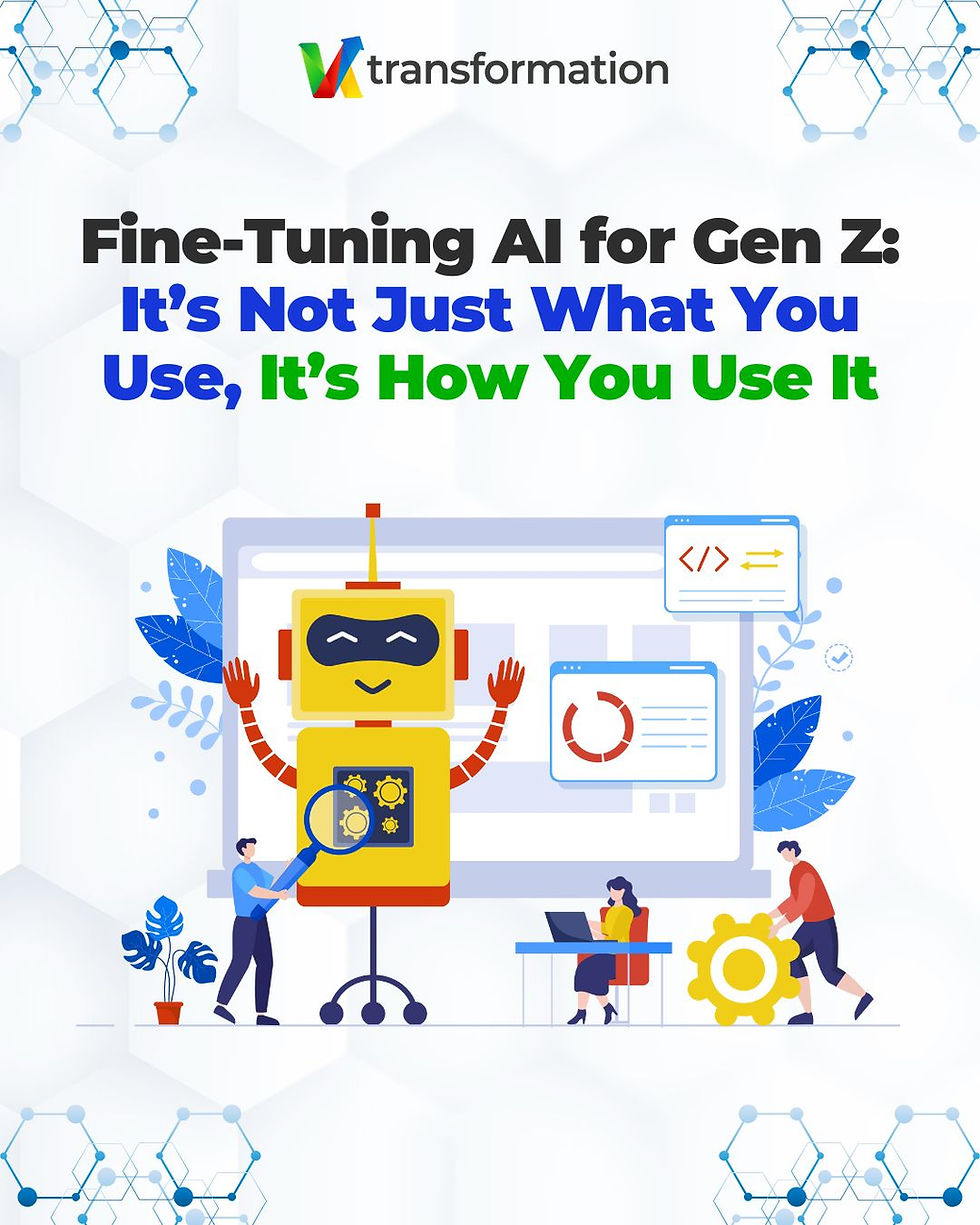How to use Influencer Marketing for B2B to Drive Revenue
- Vivien Koh
- Feb 8, 2022
- 4 min read
Looking for the next B2B Marketing trend to hop on to be ahead of the competition?

According to HubSpot’s 2022 Marketing Industry Trends, 34% of marketer’s companies are leveraging Influencer Marketing, and it is the most popular and most effective trend with the biggest ROI. Understandably, Influencer Marketing is more commonly implemented amongst B2C businesses. However, it is also a strategy that can be utilised for B2B companies. How exactly do we go about doing that?
What is Influencer Marketing?
As the name suggests, Influencer Marketing is leveraging the dedicated following of the influencer’s to promote your brand to a niche audience. Your business can harness the rapport built by the influencer with his/her followers to increase credibility. The act of an influencer giving recommendations about your brand serves as a form of social proof that you are a reliable and trusted business worth considering.
It is similar to word-of-mouth marketing in that the recommendations are coming from a place/person that is not associated with your company. This works because consumers today are more likely to believe in claims from a third party rather than self-promoted branded advertising. According to research, 61% of consumers are likely to trust social media recommendations from friends/family or their favourite influencers. In other words, consumers are more inclined to trust people that they already know.
Difference between B2B and B2C Influencer Marketing
For B2B Influencer Marketing, it is important to understand that it is not as straightforward as collaborating with a lifestyle influencer and hosting a giveaway. There are other areas of B2B Influencers in which businesses can look into, such as:
📌 Podcasters
📌 Entrepreneurs
📌 Thought leaders
📌 Authors
📌 Keynote speakers
📌 Researchers
📌 Industry leaders
Another key difference between B2B and B2C Influencer Marketing is the timeline of the campaign. For a B2C fashion business, one could see sales spike within a month upon the creation of an influencer campaign. For B2B companies on the other hand, since B2B order value is much higher, and decisions are usually made by multiple senior-level executives, the timeline of the campaign would naturally extend longer than just a month. Often, it could span from six months or more to see visible results.
How you can build a B2B Influencer Marketing Strategy to Drive Revenue
1️⃣ Set SMART Goals and KPIs
The first thing you should always do when setting up any marketing campaigns is to establish what your goals are. Understand the reason why you are setting up a campaign to begin with. Is it to increase reach? To strengthen your reputation and authority in the industry? Or do you want to obtain leads? After your objectives have been defined, the next step is to assign KPIs to each goal.
2️⃣ Set Up a Budget
Set aside a dedicated budget for your influencer campaign. Factor in expenses such as influencer fee, advertising and promotion costs, content creation, research and analysis, etc.
3️⃣ Identify Influencers Your Clients Already Follow
If recommendations came from influencers your customers already know, more positive attributes and associations will be ascribed to your brand. It will also go a long way to enhance the credibility of the content you create with these influencers.
Start by asking your audience which influencers, thought leaders or key opinion leaders in your niche they look up to. Conduct simple polls on social media to gather insights as to how your customers trust these influencers.
4️⃣ Analyse Target Influencers
Evaluate the influencers you have shortlisted based on a list of criteria such as:
Reach
Engagement levels
History of brand collaborations
Audience demographics
Type of content published
Understanding whether the influencer has a good fit with your brand image is important to send a consistent message to your target audience.
5️⃣ Nurture Influencer Relationships
This step is especially important for B2B Influencer Marketing because getting into contact with successful industry thought leaders can be difficult. Start by establishing strong rapport by sharing their blog posts and mentioning them on your social media platforms. The idea here is to organically grab the attention of these influencers before approaching them for a partnership request. Doing so will lay the foundation for a strong collaboration, allowing the process to become easier as you start your influencer campaign.
6️⃣ Educate Your Influencers
The content you co-create with your influencers must be authentic, valuable and insightful. Get your influencers to be familiarised with your brand by educating them with your values and vision. Provide extensive product/service information and make sure that your influencers communicate to their audience what you wanted to achieve in your goals.
7️⃣ Monitor and Measure
Use monitoring tools such as Google Analytics, or the tools available in the specific social media platforms you are running your influencer campaign to keep track of your influencers’ performance.
Ready to Embark on B2B Influencer Marketing?
Here at VKT, we have a full-fledged 360° Digital Marketing Programme aimed at accelerating growth for your business. Expect not only solutions in B2B Influencer Marketing, but also a range of services from Branding to Social Media Management.
With our experienced EDG Certified Consultant, VKT boasts a proven track record in achieving a high EDG application success rate with up to 80% funding. This maximum support level of up to 80% for the Enterprise Development Grant is valid till 31 March 2022. So, wait no longer and contact us now to start your B2B Influencer Marketing journey today!
Sources:



Comments